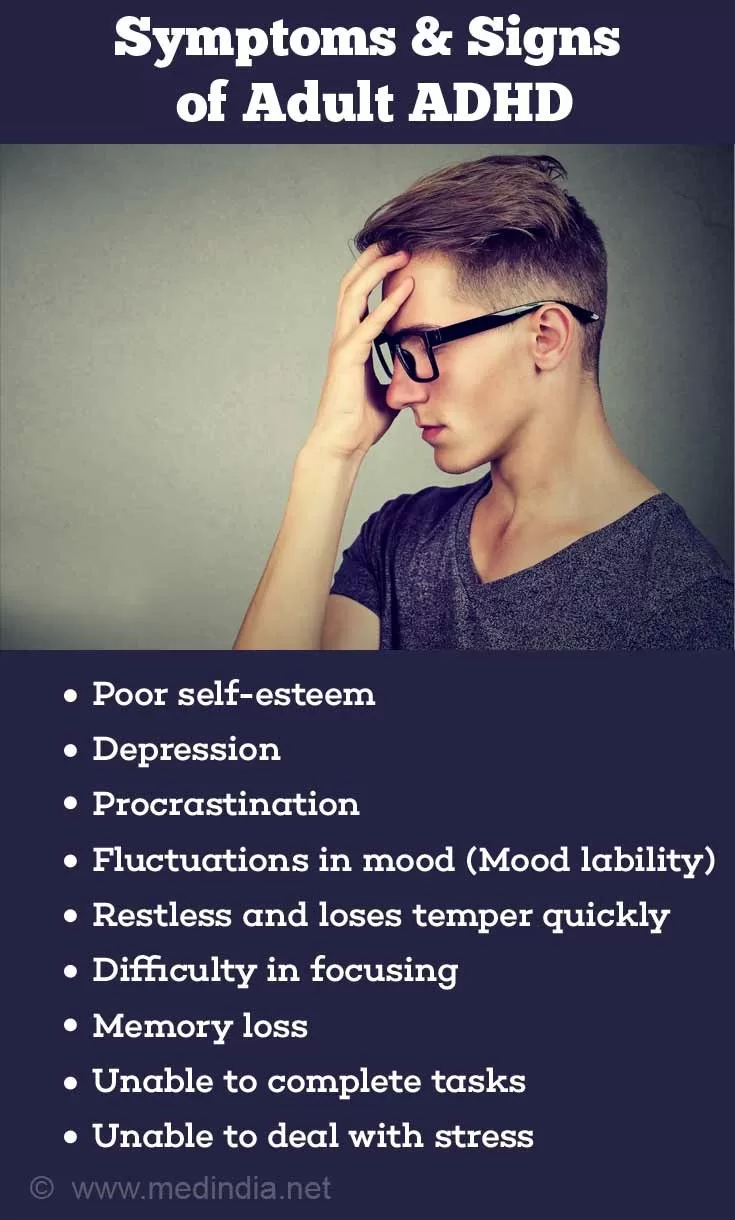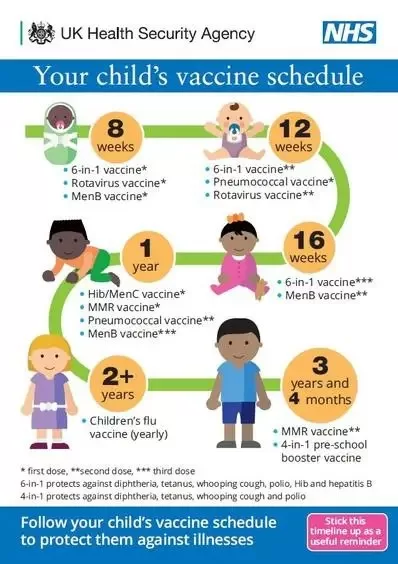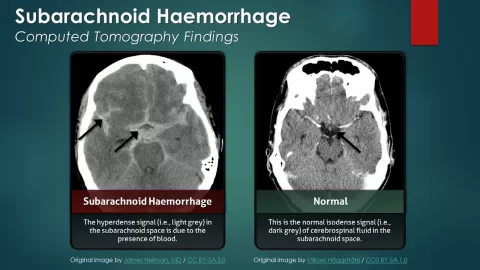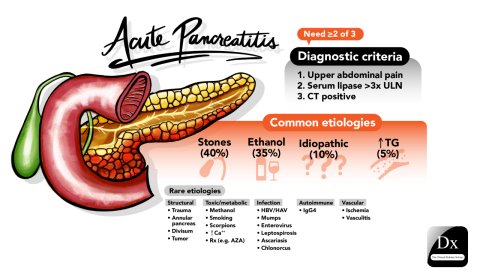Adult ADHD, a neurodevelopmental disorder that affects millions, often goes undiagnosed and untreated. Despite approximately 15.5 million adults in the United States being aware of their condition, many still fail to consult medical professionals regarding their ADHD symptoms. This can lead to significant impacts on their everyday lives, career performance, and overall well-being. Studies indicate a concerning relationship between adult ADHD and early mortality, stressing the need for timely ADHD diagnosis and treatment for better life expectancy. Understanding the multifaceted aspects of adult ADHD is crucial, as proper intervention can mitigate symptoms, improve functionality, and enhance quality of life.
Known in medical circles as Attention Deficit Hyperactivity Disorder in adults, this condition often presents unique challenges distinct from its childhood manifestation. For many, functioning effectively in daily life can be a struggle due to inattentiveness, impulsivity, and organizational difficulties. These adult ADHD symptoms frequently intersect with other issues such as anxiety and depression, complicating accurate diagnosis. Despite evolving criteria and greater societal awareness, misinformation remains prevalent, complicating the ADHD diagnosis process. As the discourse around adult ADHD grows, it becomes even more important for individuals to seek guidance on effective treatment for ADHD in order to navigate their experiences and improve their overall quality of life.
Understanding Adult ADHD: The Urgency of Awareness
Adult ADHD, or Attention Deficit Hyperactivity Disorder, is increasingly recognized as a significant mental health issue affecting millions of adults. Research indicates that while traditional diagnoses often occur in childhood, many adults remain undiagnosed or misdiagnosed well into their adult years. The impact of this oversight is profound, as untreated ADHD can lead to various negative life outcomes, including difficulties in maintaining employment, fostering relationships, and managing personal responsibilities. Given that about 15.5 million adults in the U.S. have been diagnosed with ADHD—[https://www.cdc.gov/ncbddd/adhd/data.html](https://www.cdc.gov/ncbddd/adhd/data.html)—it’s critical to raise public awareness and encourage those who suspect they may have symptoms to consult healthcare professionals for appropriate evaluation and diagnosis.
One of the pivotal aspects of improving outcomes for adults with ADHD is understanding the symptoms that differ from childhood presentations. Adult ADHD symptoms, such as chronic procrastination, disorganization, and emotional dysregulation, can manifest differently and may be mistakenly attributed to stress or other conditions like anxiety and depression. This misattribution can deter adults from seeking ADHD treatment, leading to further complications in their daily lives and overall quality of life. Increased awareness reduces stigmas and encourages more individuals to seek help, which is essential in addressing the rising numbers of adults living with this neurological disorder.
Frequently Asked Questions
What are the common symptoms of adult ADHD?
Adult ADHD symptoms can vary widely, but they often include difficulties in focusing, chronic disorganization, impulsivity, and problems with time management. Adults may also experience heightened emotional responses and struggle with maintaining interpersonal relationships. Understanding these symptoms is crucial for obtaining an ADHD diagnosis and receiving appropriate treatment.
How does an ADHD diagnosis impact adults’ lives?
An ADHD diagnosis can significantly affect various aspects of an adult’s life, including work performance, social interactions, and personal relationships. Those with adult ADHD may face challenges such as procrastination, poor time management, and impulsive behavior, which can lead to increased stress and lower life satisfaction. Early diagnosis and treatment for ADHD can help mitigate these impacts.
What are the treatment options available for adult ADHD?
Treatment for adult ADHD typically includes behavioral therapies, medication, and lifestyle modifications. Medications like stimulants (e.g., Ritalin, Adderall) are often prescribed, alongside non-stimulant options (e.g., Strattera). Behavioral therapies can help in developing coping strategies, while lifestyle changes such as regular exercise, a balanced diet, and adequate sleep can also improve overall well-being.
Can adult ADHD affect life expectancy?
Research indicates that adults diagnosed with ADHD may experience reduced life expectancy, particularly for males, who might live approximately seven years shorter than those without an ADHD diagnosis. This correlation is attributed to untreated ADHD leading to increased risks of health issues like heart disease and diabetes, making timely diagnosis and treatment essential for improving life expectancy.
Is it common for adults to have undiagnosed ADHD?
Yes, many adults may have undiagnosed ADHD, with recent surveys suggesting that about 25% of adults suspect they have the condition. However, only a fraction consult their healthcare providers about their symptoms. Increased awareness of adult ADHD and stigma reduction are crucial for encouraging individuals to seek diagnosis and treatment.
What are the long-term effects of untreated adult ADHD?
The long-term effects of untreated adult ADHD can be significant and include difficulties in maintaining relationships, job stability, and managing personal finances. Untreated ADHD can lead to higher rates of anxiety and depression, substance abuse, and overall diminished quality of life, highlighting the importance of seeking treatment.
What lifestyle changes can assist in managing adult ADHD symptoms?
Lifestyle changes that may help manage adult ADHD symptoms include establishing a structured daily routine, maintaining a balanced diet, prioritizing regular physical activity, ensuring adequate sleep, and reducing screen time. These strategies can improve focus and emotional regulation, contributing positively to overall health and well-being.
How can I find out if I have adult ADHD?
To determine if you might have adult ADHD, it’s essential to consult a healthcare professional who specializes in ADHD diagnoses. They will conduct a comprehensive evaluation, including discussing your symptoms and medical history, and may recommend standardized assessment tools to clarify your situation. Avoid self-diagnosing, as ADHD can resemble other mental health conditions.
| Key Points |
|---|
| The recent increase in adult ADHD diagnoses highlights the importance of awareness and treatment to improve life expectancy. |
| Approximately 25% of adults in the U.S. believe they have ADHD, but only half report this to their doctors. |
| Adults with ADHD may live up to 9 years less than their peers without the diagnosis. |
| Untreated ADHD can lead to an increased risk of health issues such as diabetes and heart disease. |
| ADHD can manifest differently among individuals, introducing challenges in personal, social, and professional aspects of life. |
| It’s crucial for adults to seek professional evaluation and appropriate treatment instead of self-diagnosing. |
Summary
Adult ADHD is increasingly recognized as a significant concern, especially as diagnoses continue to rise. It is imperative for adults who suspect they have ADHD to seek evaluation from healthcare professionals rather than self-diagnosing, as untreated ADHD can lead to serious health risks and an increased likelihood of early death. Adequate treatment can help manage symptoms and greatly improve quality of life, thus contributing to longer lifespans.
The content provided on this blog (e.g., symptom descriptions, health tips, or general advice) is for informational purposes only and is not a substitute for professional medical advice, diagnosis, or treatment. Always seek the guidance of your physician or other qualified healthcare provider with any questions you may have regarding a medical condition. Never disregard professional medical advice or delay seeking it because of something you have read on this website. If you believe you may have a medical emergency, call your doctor or emergency services immediately. Reliance on any information provided by this blog is solely at your own risk.








